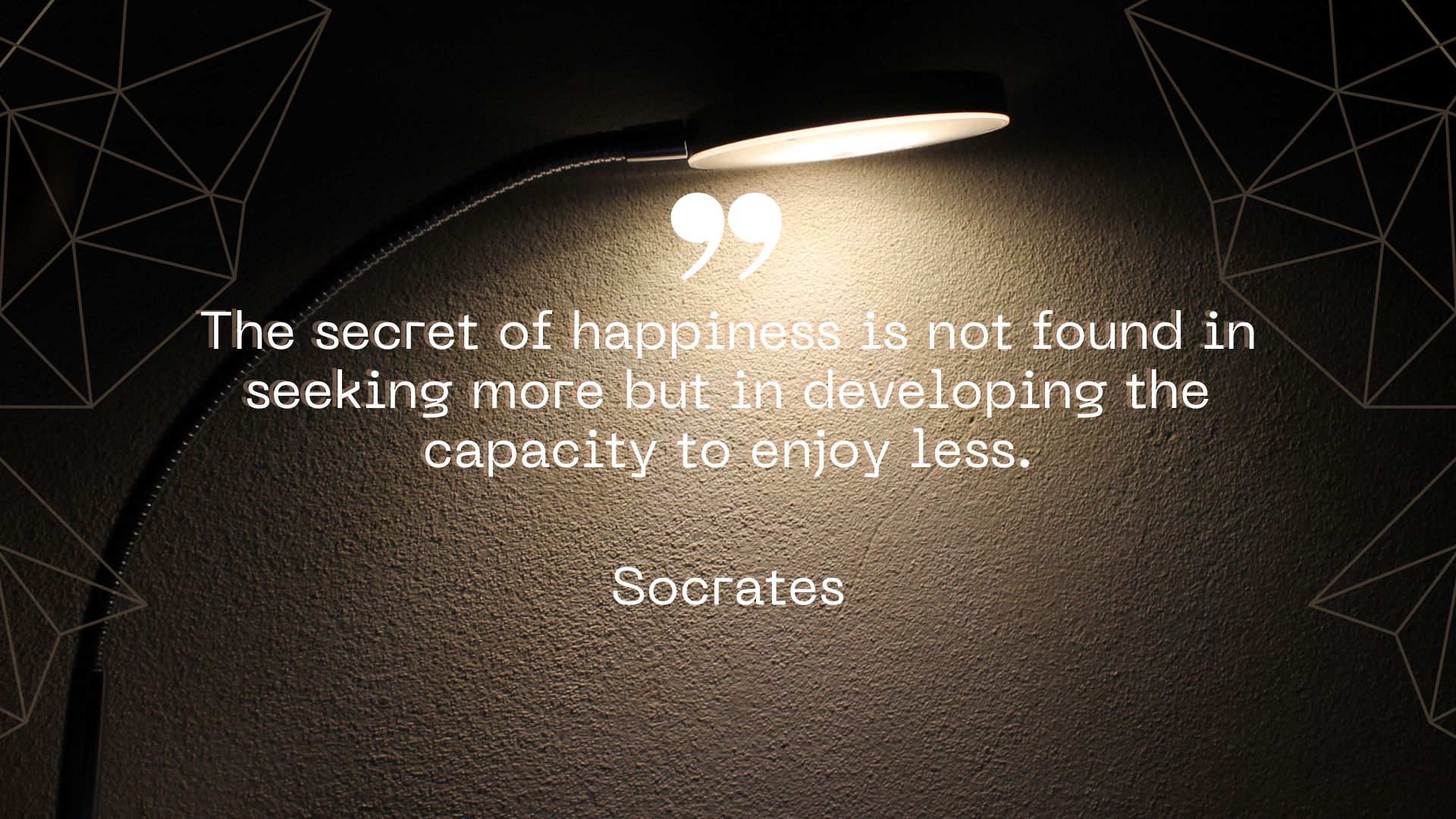“The purpose of life is not to be happy. It is to be useful, to be honorable, to be compassionate, to have it make some difference that you have lived and lived well.”
– Ralph Waldo Emerson
In this quote, Ralph Waldo Emerson conveys a profound insight into the true purpose of life. He asserts that finding happiness is not the ultimate goal, but rather being useful, honorable, compassionate, and making a positive impact on the world. This explanation will delve deeper into each subheading to provide a comprehensive understanding of this quote.
Being Useful:
To be useful means contributing to the well-being of others and society as a whole. It involves utilizing our skills, talents, and resources to make a difference. Rather than focusing solely on our own happiness, being useful allows us to experience a sense of fulfillment that comes from helping others.
Example:
A successful lawyer decides to use their legal expertise to provide pro bono services to underprivileged communities. By helping those who cannot afford legal representation, they are being useful and making a significant impact on the lives of individuals who would otherwise face injustices.
Being Honorable:
Being honorable encompasses moral principles, integrity, and ethical behavior. It involves living in accordance with one’s values and maintaining a high level of integrity in all aspects of life. Being honorable creates a genuine sense of self-respect and contributes to a more just and moral society.
Example:
A company CEO refuses to engage in fraudulent practices, even though they would yield significant financial gains. Instead, they prioritize honesty, transparency, and fairness in their business dealings. By embodying honor, this CEO sets a positive example for their employees, clients, and the business community.
Being Compassionate:
Compassion is the capacity to empathize with and extend kindness, care, and understanding to others. It involves recognizing and alleviating the suffering of others, fostering empathy, and building stronger connections within our communities. Being compassionate not only positively impacts the lives of others but also brings a deep sense of fulfillment and meaning to our own lives.
Example:
A group of volunteers organizes regular visits to a local nursing home to spend time with elderly residents. By engaging in conversations, providing companionship, and showing care and compassion, they enhance the well-being and quality of life for the elderly. This act of compassion creates a sense of purpose for the volunteers, as they know they are making a difference in the lives of those who may feel lonely or isolated.
Conclusion:
Ralph Waldo Emerson’s quote reminds us that the purpose of life extends beyond personal happiness. By focusing on being useful, honorable, and compassionate, we can leave a positive impact on the world around us. These qualities allow us to lead a purposeful and fulfilling life, knowing that we have made a difference and lived well.




